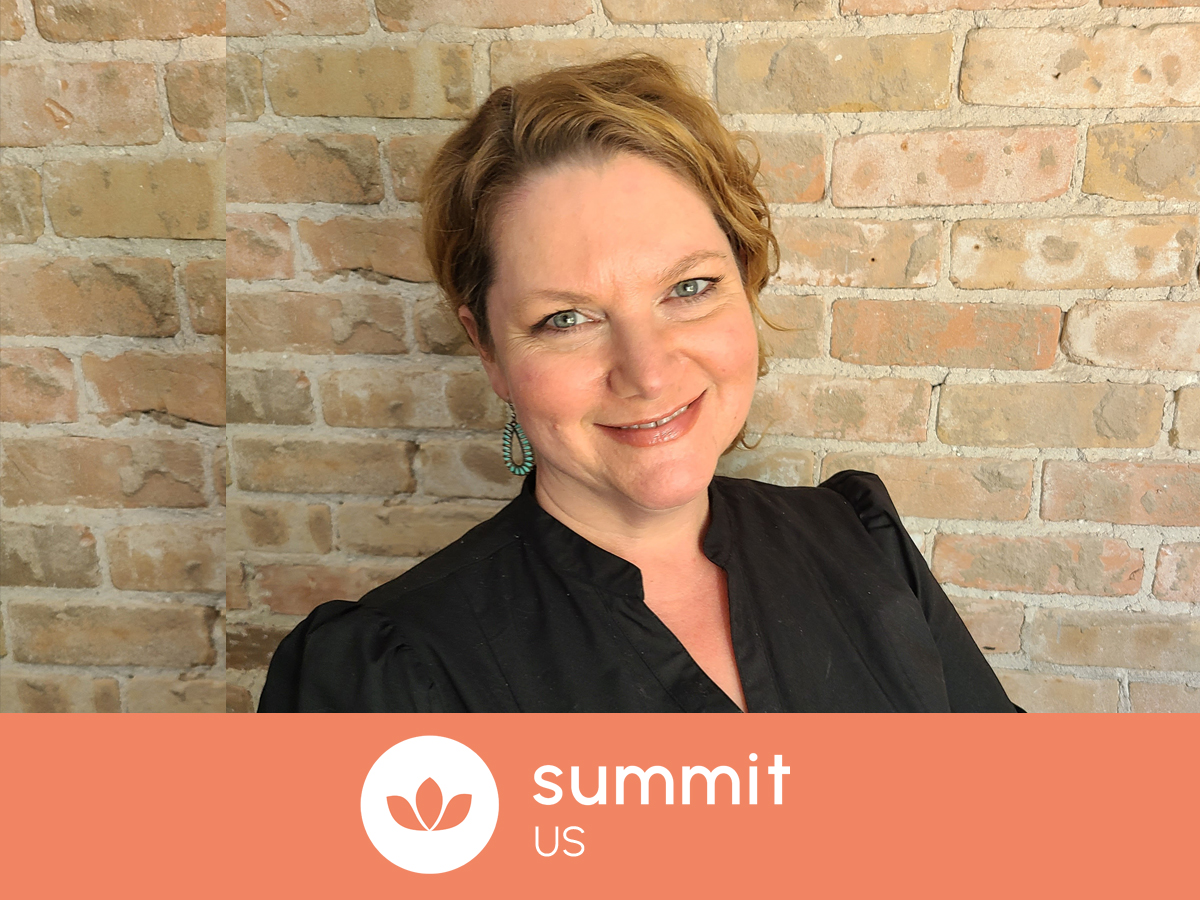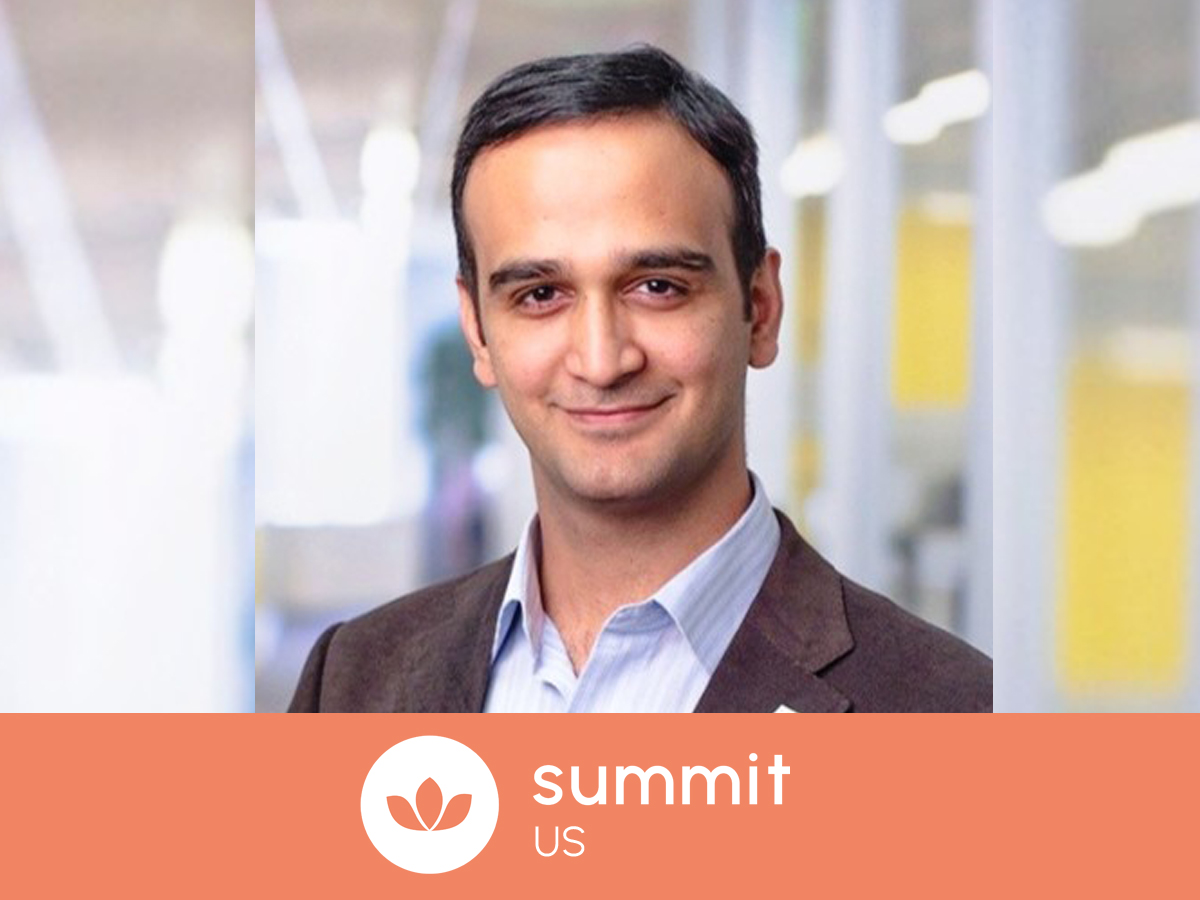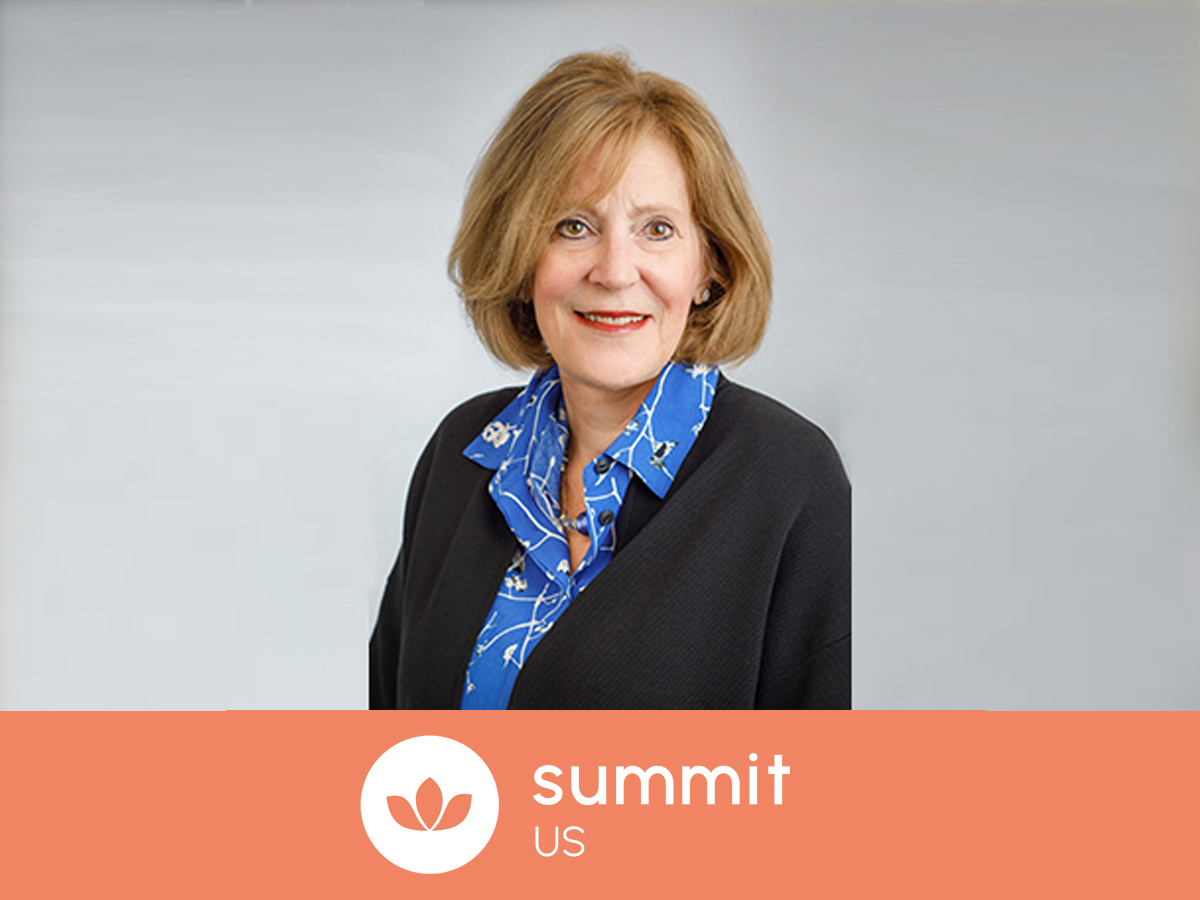
Rillion Cadlini is a Strategic Development Director at Personify Health, where he supports global clients in advancing strategic, data-driven wellbeing. With a proven track record of consulting dozens of organisations and leading global wellbeing teams at Novartis and Iron Mountain, he develops customised frameworks and makes sense of available data. Leveraging tools like Personify Health’s Maturity Assessment, he helps organisations prioritise efforts, align with business goals, and measure tangible impact. Rillion is also the self-published author of A Arte de Influênciar Comportamentos em Saúde and a guest lecturer at USI, the University of Italian Switzerland.
We are delighted that Rillion will be speaking in both London and Manchester as part of our UK Summit. We caught up with him to find out how he’s feeling in the runup to the event.
Hi Rillion, we are thrilled that you will be speaking at the Wellbeing at Work UK Summit in September. Our first and most important question is, how are you doing today?
I’m feeling great. Summer helps a lot! I’m definitely stepping up my calisthenics training and building up the courage to get a motorbike license (mid-life crisis, who knows!).
As a leader based in the region, what are the main challenges you are facing when it comes to employee wellbeing and mental health?
I’ve been working with both prospects and clients, and I’m seeing an increased need for HR and Health and Wellbeing Leaders to lay out a confident wellbeing strategy. They need to be able to define their wellbeing framework, outline expected behaviours within their organisations, set clear KPIs, and confidently implement the strategy in a way that allows them to start assessing a potential ROI analysis.
What strategies have you seen developing over the past 6 months, both internally and externally, that are moving the dial on wellbeing in the workplace?
I would say there are two main strategies I’ve been focusing on, both under my “Mastering the Basics” umbrella. The first is guiding organisations to develop their own wellbeing framework, one that the organisation can truly rally behind. The second is focusing on ROI analysis. I want to identify which statistical methods can answer our different questions regarding the impact wellbeing initiatives can have on the reduction of accident rates, absenteeism, and turnover, and even on profitability.
Why is employee wellbeing so important to you personally?
I have seen people close to me lose their hopes, dreams, and health because of a poor work environment. I have also seen the opposite: how a good work environment has changed the lives of so many people for the better, including my own.
It was never the case of an extraordinary set of initiatives or an abundance of resources. The difference was always in how people communicated, between managers, teams, and even with themselves. The work environment is a place where we can truly achieve our highest potential as professionals, and that has a ripple effect on our families, friends, and communities. Therefore, I chose organisational wellbeing for its potential to truly change people’s health, and consequently, their lives.
What impact is AI having in your organisation and how are you managing that?
It’s definitely pushing our products to adapt and improve to benefit the millions of lives we touch. It has also shown the tremendous potential we have today to deliver fully personalised health and wellbeing experiences for our users. Since our content, technology, and format are all truly remarkable and abundant, AI has been helping us deliver exactly what our users need to accomplish their health and wellbeing goals.
For our teams, we recently had an AI training session to both share the basics and de-stigmatise its use at work. We wanted to show that using AI isn’t “cheating,” but rather a way to be more productive with certain tasks.
Personally, I’m a true enthusiast. I understand the dangers it poses regarding data privacy, delegating our creativity, and even our decision-making. However, I’m very fortunate to be incredibly curious and to have the opportunity to explore its potential to my benefit.
Other than AI, are there any challenges that you are seeing for the first time and how are you addressing them?
I see a shift in the workplace wellbeing perspective, moving from an activity-based strategy to a systemic one. This shift presents both a challenge and an opportunity. Previously, a wellbeing strategy was more about isolated initiatives, campaigns, or meeting regulatory needs. While perks like fruit, running groups, gym passes, or a local occupational physician are good, they are no longer sufficient. The increased awareness of mental health now calls for something systemic within organisations. The new focus is on daily interactions, the way we work, and interpersonal relationships at work.
Herein lies the challenge: How can we create a wellbeing strategy that embeds wellbeing into everything we do?
What we’ve been doing is supporting organisations to look beyond even our Personify Health platforms and to examine their overall wellbeing framework and strategy. We want to help them raise the bar and develop something that comes from both the top (business and market needs) and the bottom (employee voices, perspectives, needs, and goals).
What areas do you think employers should be focused on over the next 12 months?
In the area of wellbeing, I would say to focus on the basics again. Look at your wellbeing framework, mission, dimensions, and KPIs. Do you have them? If so, let’s now look at all the data being measured within the organisation: global employee surveys (and what questions are being asked), and exit surveys. Also, look at profitability, turnover, and accident rates, and understand the breakdown (per branch, country, region, warehouse, or team). Then, assess all ongoing initiatives and explore correlation and causality to understand the impact wellbeing initiatives are having on business outcomes. It’s all about mastering the basics!
Do you feel that investment in employee wellbeing in the region is increasing or decreasing and is that a direct reflection on HR leaders’ increasing ability to demonstrate effective returns of their strategies to leadership?
Looking at the most renowned consulting agencies, they all say that investments in this field have been increasing. I believe that’s a reaction to a global workforce need. However, what I have been seeing is a clear difference between organisations that are losing resources and those that are gaining them. This difference lies in the capability of the leader in charge of wellbeing to both articulate and show a clear path forward in creating a concrete and clear wellbeing strategy. The leaders who aim to treat wellbeing as a business function tend to get the necessary investments.
How has Personify Health been leading the way?
As a provider of Personalised Wellbeing Solutions, Personify Health is going beyond its software capabilities. In parallel, we are developing tools, research, and services to fully support organisations with their wellbeing needs.
We have launched our Maturity Assessment, which is both an assessment and a model that guides professionals on the next steps to increase their wellbeing strategy’s maturity. We have also been offering Wellbeing Workshops to help organisations create their wellbeing framework. Furthermore, we heavily invest in our Account Managers, enabling them to be trusted advisors who not only solve platform-related issues but also help guide wellbeing strategies and the implementation of campaigns, aligning with best practices and research.
We developed the Managing Minds Training, a program focused on building mental health skills to help leaders become more empathetic. Finally, we continuously invest in our software solutions to increase engagement, show real organisational results, and provide a suite of data-driven capabilities for both users and wellbeing leaders to monitor the success of wellbeing activities and the overall program.
Rillion will be speaking in both London and Manchester at the Wellbeing at Work Summit UK.
Our London Summit takes place on 23rd September. Visit our London webpage for further details and to book your tickets.
Our Manchester Summit takes place on 25th September. To find out more about our Manchester Summit and book your tickets please visit our Mancherster webpage.



